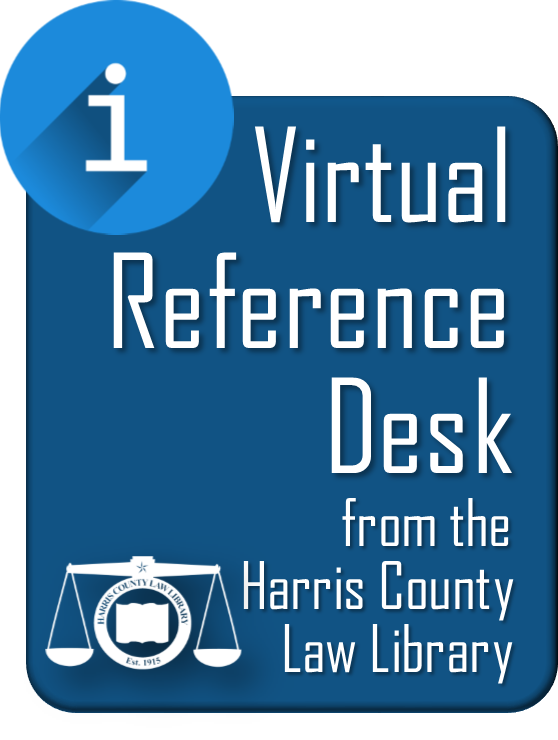Access to accurate information from trustworthy, authoritative sources is the key to an effective public health campaign. Maintaining reliable channels for sharing that information is just as critical. In the age of the Internet, we are bombarded with health data and facts (not to mention conjecture and outright lies), but during the flu pandemic of 1918, communicating with the public about how to best mitigate the spread of disease was definitely more of a challenge. The telephone, invented more than 40 years before the outbreak of the Spanish flu, held great promise. Although home phones were still quite uncommon, social interaction via the nascent telecommunications infrastructure of the day was a viable option for some.
While people sheltered in place and avoided public gatherings, the telephone became an increasingly indispensable tool for maintaining life as usual. However, unlike the Internet, which consistently serves up information via a network of anonymous computers, early telephones required human intervention. Operators manually connected each caller, via a switchboard, to an intended recipient. Like computers stacked in server farms around the world, these telephone operators executed calls, connecting one node to another. Also like computers in a server farm, these telephone operators worked in very close quarters at banks of switchboards, the perfect environment for sharing not just information but germs. With so many operators falling victim to the flu and unable to work due to their illness, communication by phone became difficult. Phone companies asked callers to limit telephone use and to reserve open phone lines for doctors and drug stores. Despite the promise it held as a powerful communications tool, the early telephone had a weak link – the vulnerable human.
Strangely, as a sure sign that history does in fact rhyme, the telephone is again having a moment. Those of us fortunate to be performing our jobs from home can communicate, collaborate, and remain productive thanks to an array of sophisticated tech tools and the infrastructure that supports them. We’ve gotten comfortable with Zoom and Trello and Slack, but the telephone -- at least for spoken conversation -- has become almost vestigial. Not so for the highest court in the land. For six days in May, the United States Supreme Court will hear oral arguments by telephone. In a press release issued on April 13, 2020, the Court said:
“In keeping with public health guidance in response to COVID-19, the Justices and counsel will all participate remotely. The Court anticipates providing a live audio feed of these arguments to news media. Details will be shared as they become available.”
With so many media resources at our disposal and no shortage of real-time citizen journalists (as well as snarky would-be comedians) providing synchronous commentary on Twitter, those who listen in to the live audio will be able to monitor their various feeds as the arguments are being made. The channels for communicating have no doubt expanded, but the humble telephone is still playing a significant – indeed, historic -- role in the pursuit of justice in the time of COVID-19.









